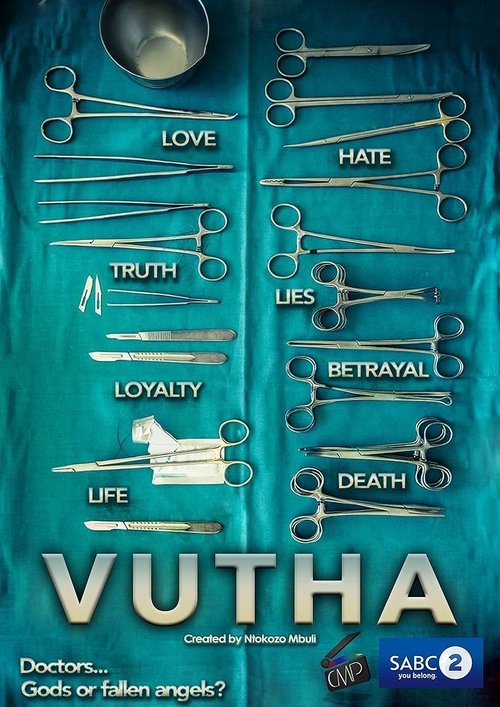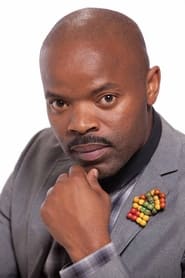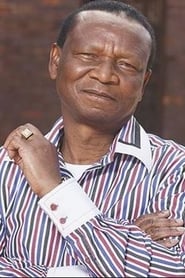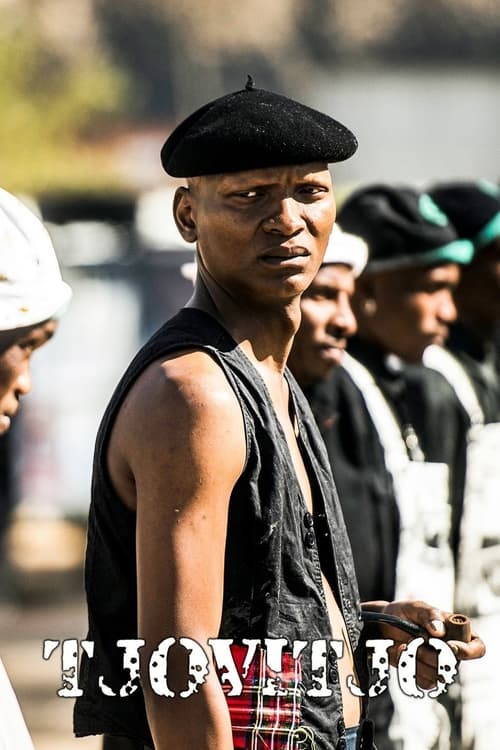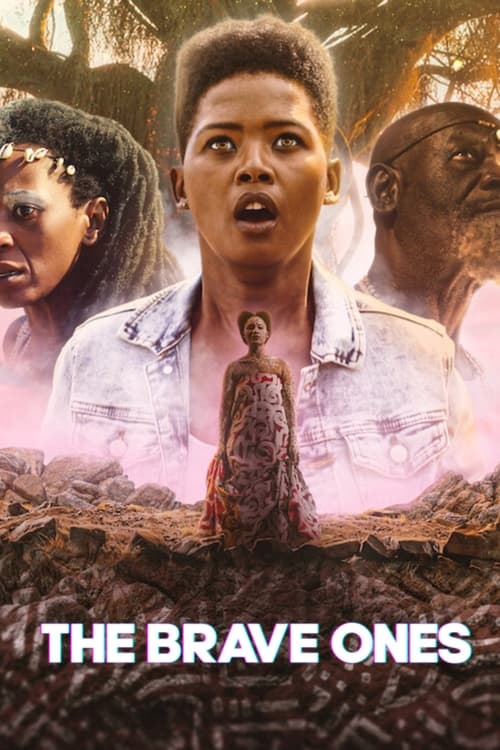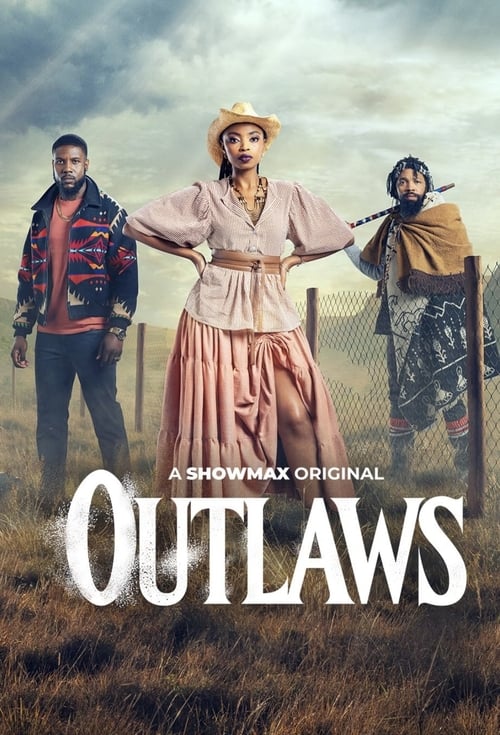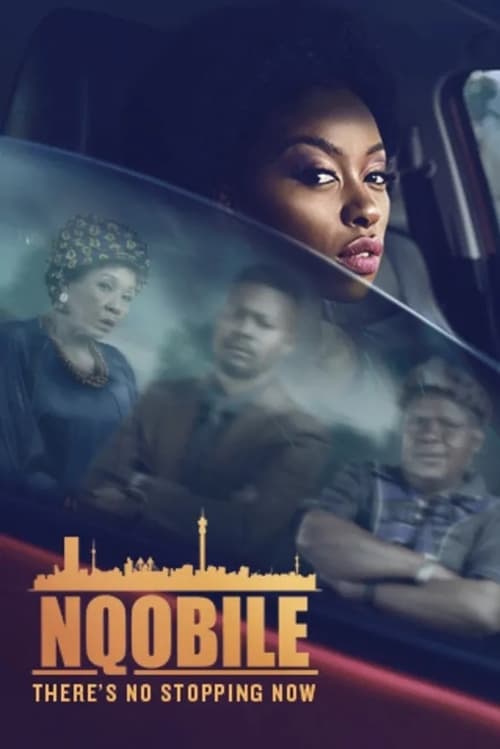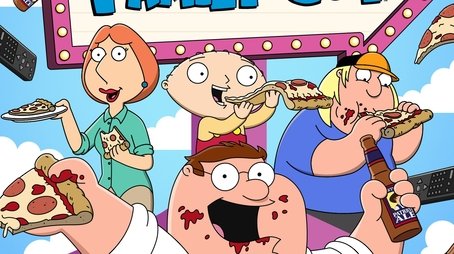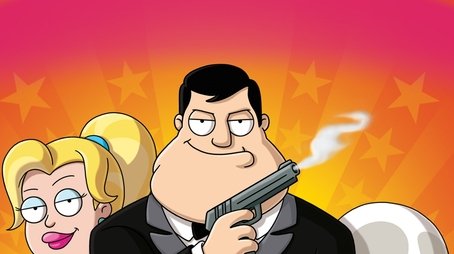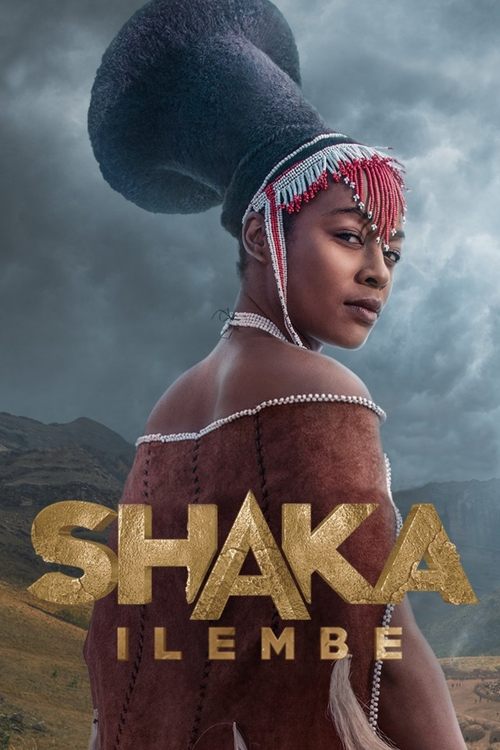
Ask Your Own Question
What is the plot?
In the opening scene of "Vutha," we are introduced to the protagonist, Vutha, a young man living in a small village. He is depicted as a kind-hearted individual who is deeply connected to his family and community. The village is shown to be struggling with poverty, and Vutha often helps his mother with daily chores while dreaming of a better life. His internal conflict revolves around his desire to escape the limitations of his environment and seek adventure.
As the story progresses, Vutha learns about a nearby city that promises opportunities and wealth. One day, he overhears a conversation between two travelers discussing the riches to be found in the city. This ignites a spark of ambition in him, and he decides to leave his village in search of a better future. He shares his plans with his mother, who is initially supportive but expresses her fears about the dangers of the outside world.
Vutha sets off on his journey, and the first major event occurs when he encounters a group of bandits on the road. They demand his belongings, and Vutha, feeling cornered, decides to fight back. The confrontation is intense; Vutha uses his agility to dodge their attacks and manages to disarm one of the bandits. However, he is outnumbered and ultimately forced to flee, narrowly escaping with only a few belongings. This experience leaves him shaken but more determined to reach the city.
Upon arriving in the city, Vutha is overwhelmed by its size and the bustling crowds. He quickly realizes that life in the city is not as easy as he had imagined. He struggles to find work and faces rejection from several employers. During this time, he meets a street-smart girl named Lina, who becomes his ally. She teaches him how to navigate the city and introduces him to a group of misfits who are also trying to survive. Vutha begins to feel a sense of belonging for the first time.
As Vutha settles into city life, he learns about an underground fighting ring that offers cash prizes. Desperate for money, he decides to enter the ring. The first fight is brutal; Vutha faces a seasoned fighter who quickly gains the upper hand. However, Vutha's determination and quick thinking allow him to turn the tide, and he wins the match, earning respect and some much-needed cash. This victory boosts his confidence, but it also draws the attention of dangerous individuals who run the fighting ring.
Vutha's success in the ring leads to a series of escalating fights, and he becomes more entrenched in the underground world. He struggles with the moral implications of his actions, especially as he witnesses the violence and desperation of his fellow fighters. His relationship with Lina deepens, and they share moments of vulnerability, revealing their dreams and fears. However, Vutha's growing fame also brings jealousy and rivalry, particularly from a fighter named Riko, who feels threatened by Vutha's rise.
The turning point occurs when Vutha is challenged to a high-stakes fight against Riko. The atmosphere is electric, with a large crowd gathered to witness the showdown. The fight is brutal and intense, with both fighters pushing their limits. Vutha initially struggles against Riko's aggressive style but eventually finds his rhythm. In a climactic moment, Vutha taps into his inner strength and manages to defeat Riko, but not without sustaining serious injuries.
After the fight, Vutha is celebrated as a hero, but he is also haunted by the violence he has participated in. He begins to question whether the path he has chosen is truly what he wants. Meanwhile, Lina reveals that she has been hiding a secret: she is the daughter of a powerful crime lord who has been watching Vutha's rise. This revelation creates tension between them, as Vutha feels betrayed and manipulated.
As the story reaches its climax, Vutha is faced with a choice: continue down the path of violence and power or seek redemption and return to his roots. He decides to confront Lina's father, hoping to negotiate a way out of the underground fighting scene. The confrontation is tense, with threats exchanged and emotions running high. Vutha stands his ground, expressing his desire to leave the life of crime behind.
In the final act, Vutha's decision leads to a dramatic showdown with the crime lord's men. A fight breaks out, and Vutha, alongside Lina, fights to escape the clutches of the criminal underworld. The action is fast-paced, with Vutha using his fighting skills to protect Lina and himself. They manage to escape, but not without injuries and close calls.
The story concludes with Vutha and Lina leaving the city behind, returning to the village where Vutha's journey began. He is changed by his experiences, carrying the weight of his choices but also a newfound sense of purpose. The final scene shows Vutha helping his mother in the fields, a symbol of his commitment to his roots and the community he once sought to escape.
More TV Shows Like This
Browse All TV Shows →What is the ending?
In the ending of "Vutha," the main character, Vutha, confronts the consequences of his choices, leading to a climactic resolution that impacts his relationships and future. The story concludes with Vutha making a significant sacrifice for his loved ones, ultimately finding a sense of peace and acceptance.
As the final episodes unfold, we find Vutha standing at a crossroads, both literally and metaphorically. The sun sets behind him, casting long shadows as he reflects on the tumultuous journey that has brought him to this moment. He is torn between the life he has known and the new path that lies ahead. The weight of his decisions hangs heavily on his shoulders, and the emotional turmoil is palpable in his furrowed brow and clenched fists.
In a pivotal scene, Vutha meets with his estranged father, a confrontation long overdue. The air is thick with tension as they exchange harsh words, revealing years of resentment and unspoken pain. Vutha's father, a stern figure, struggles to express his love, while Vutha grapples with feelings of abandonment. The dialogue is raw and charged, each word a dagger that cuts deeper into their fractured relationship. As the argument escalates, Vutha's anger boils over, but in a moment of vulnerability, he breaks down, revealing his longing for connection and understanding. This emotional catharsis serves as a turning point for both characters, allowing them to begin mending their relationship.
Meanwhile, Vutha's romantic interest, a strong-willed woman named Lina, faces her own challenges. She has been a steadfast presence in Vutha's life, but the strain of his choices begins to take a toll on their relationship. In a heart-wrenching scene, Lina confronts Vutha about his reckless behavior, her voice trembling with a mix of love and frustration. She pleads with him to reconsider the path he is on, emphasizing the importance of their future together. Vutha, torn between his desires and the reality of his situation, struggles to articulate his feelings, leading to a moment of painful silence that speaks volumes.
As the climax approaches, Vutha is faced with a critical decision that will determine the fate of those he loves. In a dramatic sequence, he must choose between pursuing his own ambitions or making a selfless sacrifice for Lina and his family. The tension builds as he weighs the consequences of his actions, the stakes higher than ever. The scene is charged with emotion, the camera lingering on Vutha's conflicted expression as he grapples with his identity and the legacy he wishes to leave behind.
In the final moments, Vutha makes his choice. He steps away from the allure of power and ambition, choosing instead to protect those he holds dear. This act of sacrifice is both liberating and heartbreaking, as he acknowledges the pain of letting go of his dreams. The scene is beautifully shot, with the golden light of the setting sun illuminating Vutha's face, symbolizing hope and redemption.
The series concludes with Vutha finding a sense of peace. He stands with Lina, their hands intertwined, as they look toward the horizon together. The weight of the past begins to lift, and a new chapter unfolds before them. Vutha's father watches from a distance, a hint of pride in his eyes, suggesting that reconciliation is possible. The final shot captures the couple walking forward, embodying the themes of love, sacrifice, and the enduring strength of family.
In summary, the fates of the main characters are intertwined in this poignant conclusion. Vutha embraces a path of selflessness, choosing love over ambition. Lina stands by his side, ready to face the future together. Vutha's father, though still grappling with his own demons, takes a step toward reconciliation, hinting at healing within the family. The ending encapsulates the journey of growth and the importance of connection, leaving viewers with a sense of hope and renewal.
Is there a post-credit scene?
In the TV show "Vutha," produced in 2020, there is indeed a post-credit scene that adds an intriguing layer to the narrative.
As the credits roll, the screen fades to black before transitioning to a dimly lit room filled with shadows. The camera slowly pans across the space, revealing a series of photographs pinned to a corkboard. Each photo depicts key moments from the series, including pivotal character interactions and significant events that shaped the storyline.
In the foreground, a figure is seen hunched over the board, their face obscured by the low light. The atmosphere is tense, filled with a sense of urgency and secrecy. The figure, later revealed to be a minor character who had been lurking in the background throughout the series, is seen scribbling notes frantically. Their hands tremble slightly, indicating a mix of excitement and fear.
As the camera zooms in on one particular photograph--a close-up of Vutha's face during a moment of vulnerability--the figure mutters to themselves, "They can't find out. Not yet." This line hints at a deeper conspiracy and suggests that there are layers of deception yet to be uncovered, leaving viewers with a sense of anticipation and curiosity about what might unfold in a potential continuation of the story.
The scene ends abruptly, cutting to black once more, leaving the audience with lingering questions and a heightened sense of intrigue about the character's intentions and the implications for the future.
What motivates the main character, Vutha, throughout the series?
Vutha is driven by a deep desire to uncover the truth about his family's past and the mysterious circumstances surrounding his father's disappearance. This quest for identity and belonging fuels his actions and decisions, leading him to confront various challenges and adversaries.
How does Vutha's relationship with his mother evolve over the course of the series?
Initially, Vutha's relationship with his mother is strained due to her secretive nature and the trauma of losing her husband. As the series progresses, they begin to communicate more openly, leading to moments of vulnerability and understanding that strengthen their bond.
What role does the antagonist play in Vutha's journey?
The antagonist serves as a constant obstacle in Vutha's quest for truth, embodying the corruption and deceit that Vutha seeks to expose. Their confrontations are intense, revealing Vutha's determination and moral compass as he navigates the dangers posed by this formidable foe.
How do the supporting characters influence Vutha's decisions?
Supporting characters, such as Vutha's childhood friend and a wise mentor, provide crucial guidance and support. Their differing perspectives challenge Vutha's views and push him to consider the broader implications of his actions, ultimately shaping his growth and choices throughout the series.
What significant events lead to Vutha's transformation by the end of the series?
Key events, including the revelation of family secrets, betrayals, and moments of personal loss, catalyze Vutha's transformation. These experiences force him to confront his fears and insecurities, leading to a more mature and resolute version of himself by the series' conclusion.
Is this family friendly?
"Vutha," produced in 2020, is a drama that delves into complex themes and emotional struggles. While it offers a rich narrative, there are several aspects that may be considered objectionable or upsetting for children or sensitive viewers.
-
Intense Emotional Scenes: The show features moments of deep emotional turmoil, including grief, betrayal, and conflict, which may be distressing for younger audiences.
-
Family Conflict: There are scenes depicting significant family strife, including arguments and confrontations that can be intense and uncomfortable.
-
Themes of Loss: The narrative explores themes of loss and mourning, which may resonate deeply and evoke sadness.
-
Violence: While not gratuitous, there are instances of physical altercations that may be unsettling.
-
Substance Use: The show includes references to substance use, which may not be suitable for younger viewers.
-
Mature Relationships: There are complex adult relationships portrayed, including romantic entanglements that may not be appropriate for children.
These elements contribute to the show's mature tone, making it more suitable for older teens and adults rather than a family-friendly viewing experience.

